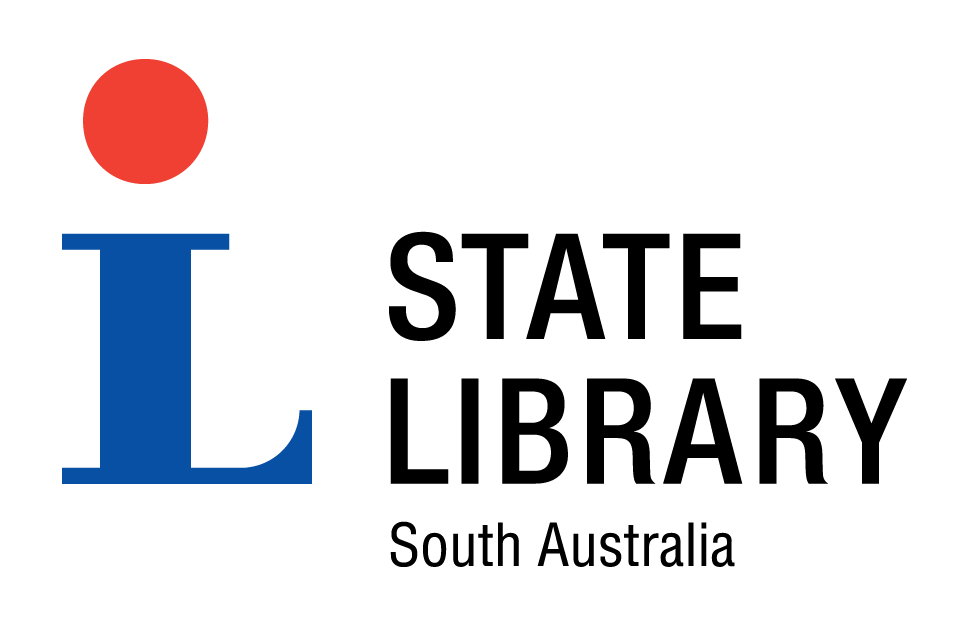
Sex Industry Page 3
The 20th Century
With the turn of the century South Australian women had made considerable advances in the areas of education, political rights and social reform, but as if to confirm Dr Cockburn's remarks of 23 July 1885 brothels continued to flourish in Adelaide. In 1907 the police reported 103 brothels and 164 people involved in their operation in Adelaide. Despite Dr Cockburn's assertion in 1885 that "it was absolutely impossible to abolish brothels", the government in 1907 presented the Suppression of Brothels Bill, largely in response to concerns voiced by the Adelaide City Council that properties adjacent to properties used as brothels "deteriorated in value." [Commissioner of Public Works, Hansard 1 August 1907 pg. 275]
Stella Stewart, about 21 years of age, 5ft. 4in. high, medium build,
dark hair, dark complexion, blue eyes, for non-payment of fine and
costs, on a charge of unlawfully loitering for the purpose of prostitution,
at Adelaide, on the 18th March 1907.
[South Australian Police Gazette 10 April 1907]
The next piece of legislation that affected prostitution in South Australia was the Venereal Diseases Act of 1920. The Act allowed for medical practitioners to issue certificates certifying that patients are cured or free from venereal disease. Section 16 of the Act provided for a penalty of twenty pounds for any "person who uses for the purposes of or in relation to or in connection with prostitution any certificate [that such person is cured or free from venereal disease] given by a medical practitioner." Section 23 of the Act then provided for a penalty not exceeding one hundred pounds or to imprisonment for any period not exceeding twelve months for the owner or occupier of any house, room, or place, who knowingly permitted any person suffering from venereal disease to occupy such house, room, or place for the purpose of prostitution.
In 1936 The Police Act was passed, on 16 July 1936 the Hon. S.W. Jeffries (Attorney General) stated "This Bill consolidates twelve Acts relating to the police force and to offences, the detection of which is usually regarded as the duty of the police. The Bill has been considered by responsible officers of the Police Department, one of whom will be prepared to certify that it is a correct consolidation." An almost identical statement in the Legislative Council saw the Bill pass without debate.
The Police Offences Bill, containing the basis of the current prostitution legislation, the Summary Offences Act, was introduced to Parliament in 1953. The Bill passed with little debate of the sections related to prostitution. John Clark, the Member for Gawler, commented that a 100 pound fine for living off the proceeds of prostitution was too small.
Sex Worker Action
The sex industry law reform movement of the late 20th century in South Australia grew out of the feminist movement of the 1970s. The Women's Electoral Lobby (WEL) sponsored a seminar titled 'The exploitation of women and children in prostitution' on 23 June 1978. As a precursor to the seminar WEL published 'The prostitute as worker', a paper that had been presented by Jan Aitkin at the Women and Labour Conference in May in its May newsletter. Anne Levy, Mrs. Duguid and Robin Millhouse were listed as speakers and some 250 women from 23 groups attended the seminar at Adelaide University. Robin Millhouse caused uproar with his description of the average prostitute as lazy, slovenly and ill-educated. [Andi Sebastian OH250/25, pg.8]. Women's Adviser to the South Australian government, Deborah McCulloch, called for the formation of a Prostitutes Union and although the women present supported this proposal, they voted against the legalisation of prostitution. [Advertiser 26 June 1978, page 6]
A meeting of sex workers on the 16th July 1978 formed the Scarlet Alliance to advocate for their rights. Many of the workers were subjected to intimidation and violence by brothel owners, and in order to protect their identity Andi Sebastian took on the role of media representative.
The reported involvement of Women's Adviser, Deborah McCulloch, and Andi Sebastian in the establishment of a Prostitute's Union gave rise to a question in Parliament on the 20th July. Millhouse asked the Premier, Don Dunstan, "are the women's adviser to the Government, Deborah McCulloch, and members of her staff in the Premier's Department active in the formation of a group called Scarlet Alliance?" In the following debate Robin Millhouse said "I tell the Premier ... that there was a seminar on women's matters about three weeks ago ... I spoke, and was then bitterly attacked by Deborah McCulloch. I don't know whether to call her 'Mrs.', 'Miss' or 'Ms.', but I was accused of being sexist, racist, bigoted and everything else." Dunstan replied, "In consequence of the decisions taken by the women concerned, I understand they have proceeded to form an association possibly with the name that the honourable member ascribed to them, but to say that Miss McCulloch, or a member of her staff, is a moving spirit in this is quite incorrect. [Hansard 20 July 1978, page 136]
In August 1978 the Parliament appointed a select committee to inquire into the extent of prostitution in South Australia, whether the law relating to prostitution should be altered and whether a licensing system for non medical massage services should be introduced. To facilitate the giving of evidence the government passed the Evidence Act Amendment Act, 65 of 1978 to protect the identity of witnesses and to provide immunity from prosecution. The resignation of Premier Don Dunstan in February 1979 and the subsequent defeat of the Corcoran Labor government in September 1979 required a new select committee with identical terms of reference to be appointed on 8 November 1979.
The report of the Select Committee of Inquiry into Prostitution [pp 152-1980] made 13 recommendations, principally, that the present law be changed, that police powers and penalties not be increased, that legalisation and regulation of the industry not be accepted and that the law be altered to provide for decriminalisation with appropriate safeguards.
Child you are part of me,
Will you remember that when they rush to tell you of my misdeeds?
What will you think when they tell you how I found money to feed and clothe you?
Will I still be a mother to you or just a prostitute as I am to them?
Will you respect what I've done in my love for you
Or will I be forever damned in your eyes?
Forgive me if you dare.
[Anon. OH250/25 Andi Sebastian, page 14]
21st Century
Advocacy for sex industry law reform continues in the 21st Century. Sex Industry Network (SIN) and Scarlett Alliance provide advocacy and support to South Australian sex workers.
In December 2014 the Hon. Stephanie Key, Member for Ashford, introduced a Private Members Bill to the House of Assembly which seeks to decriminalise sex work.
Items 1 - 9 of 9











